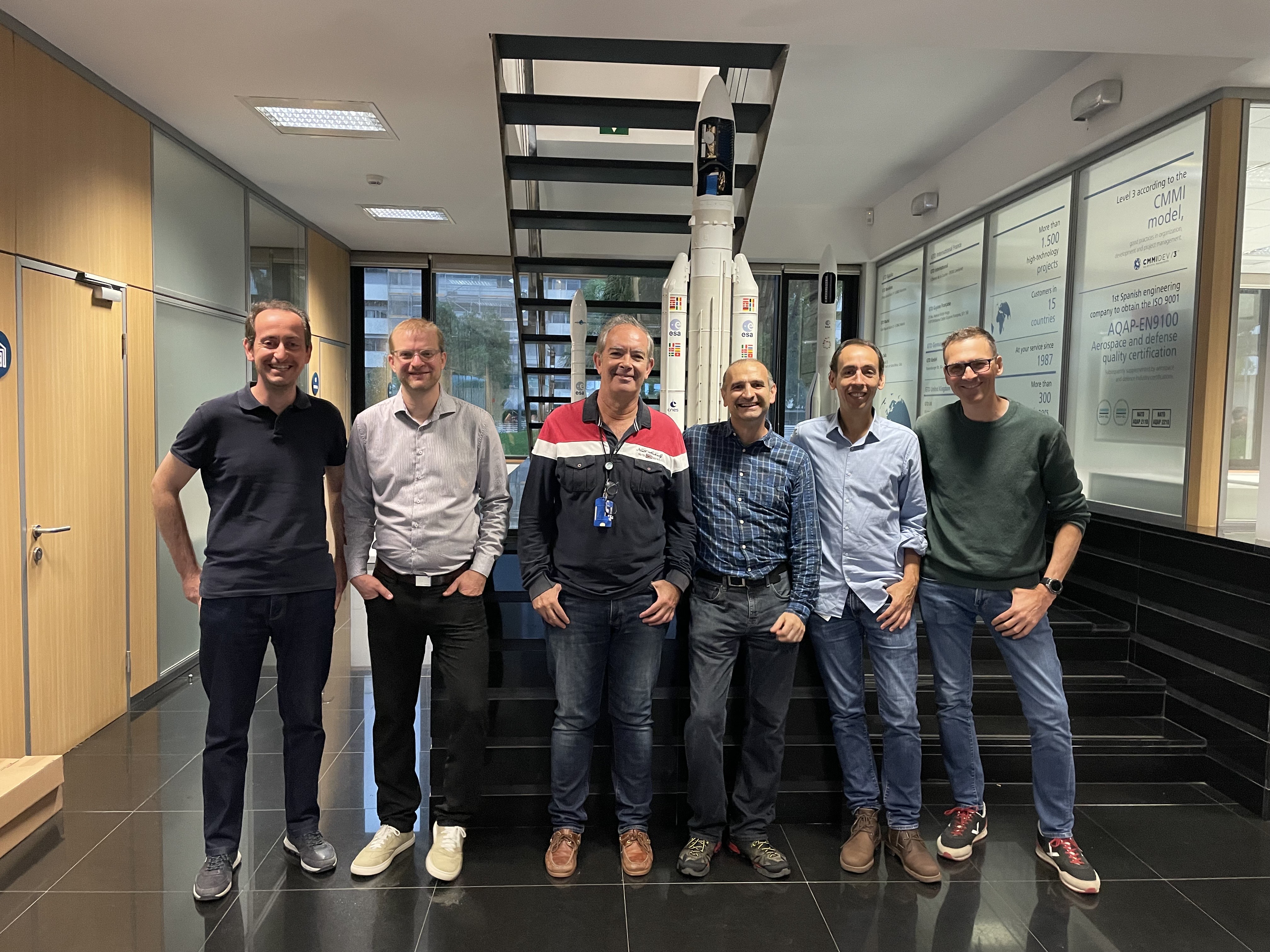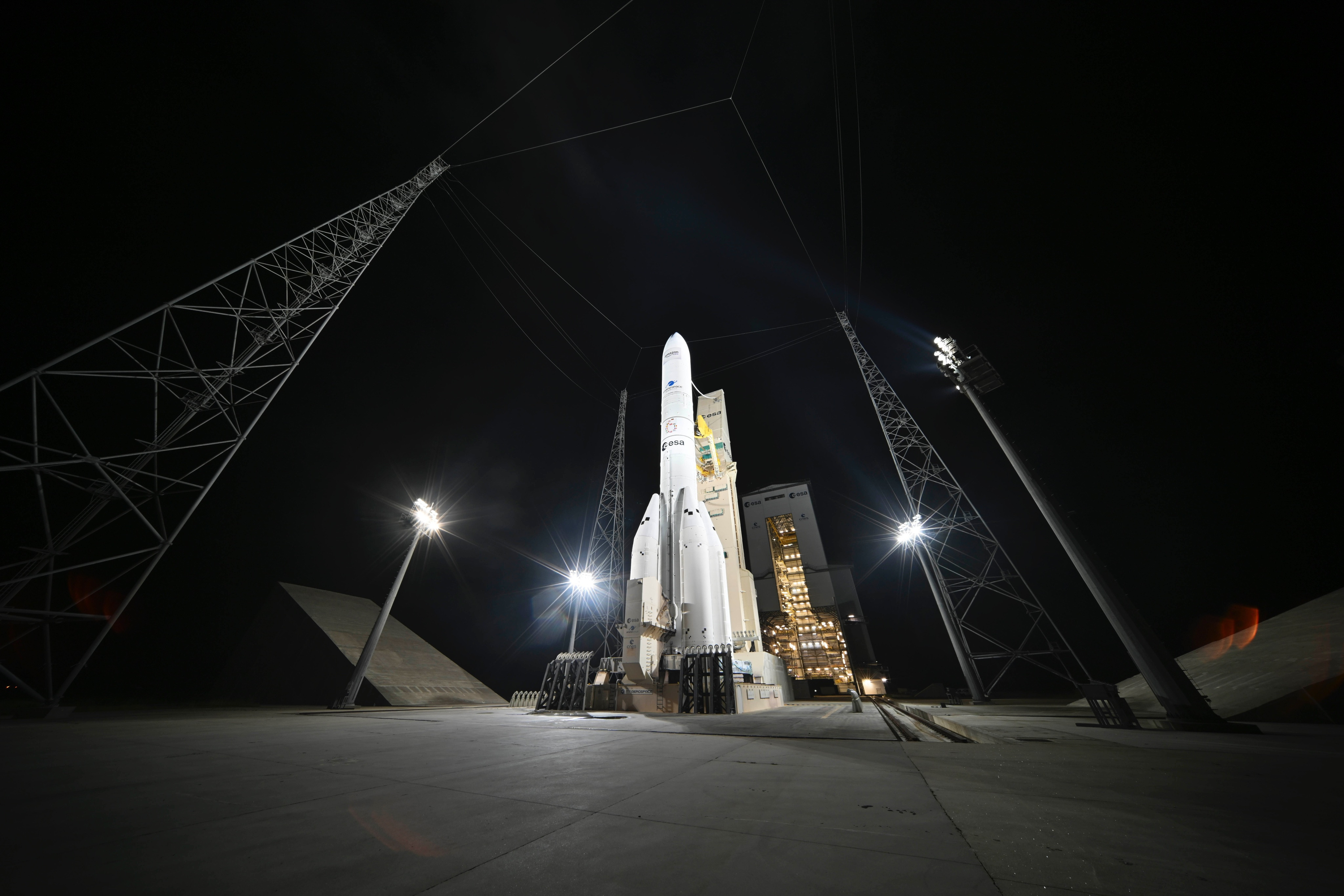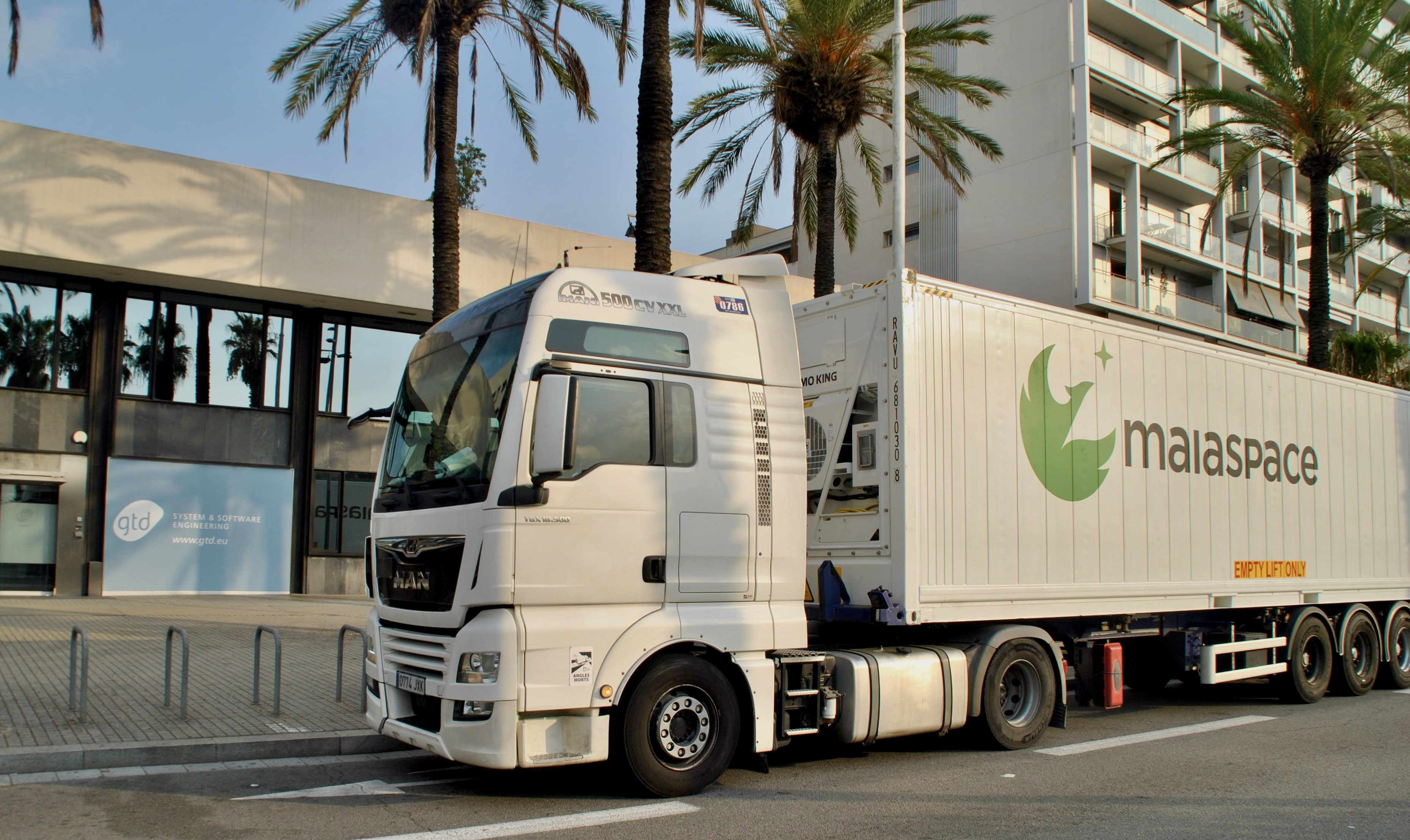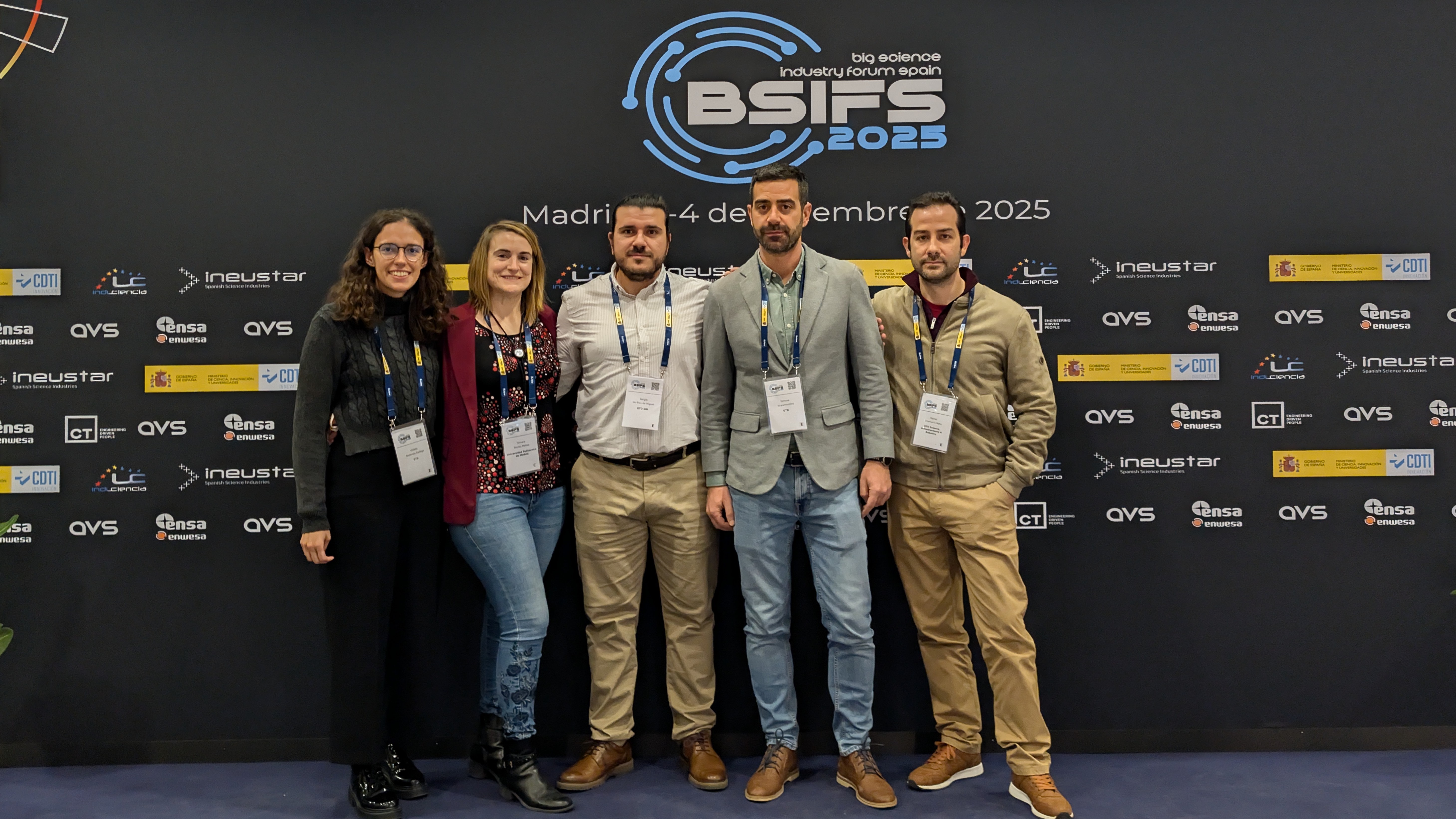Two Teams, One Mission: Powering Europe’s Next-Generation Earth Observation satellites
The GTD GmbH team travelled to Barcelona to kick off joint work on ESA’s Harmony and CO2M missions. Together, both teams are developing and validating the onboard software (OBSW) that powers critical satellite subsystems — ensuring reliable performance for missions that will help Europe better understand and protect our planet.

Last week,the GTD GmbH team from Germany visited our Barcelona office toc elebrate the internal kick-off of ESA’s HARMONY satellites and continue advancing on CO2M mission — two flagship Earth observation projects designed to enhance our understanding of the planet and support global climate action.
At GTD, our role is to design, developand validate the onboard software (OBSW) that manages essential satellite subsystems — the critical layer of intelligence that ensures each mission operates safely and efficiently in orbit.
HARMONY: Understanding the Earth’s Dynamic Systems
For the Harmony mission, developed by the European Space Agency (ESA), GTD’scontribution is pivotal. Our Barcelona team is developing the software for the Power Conditioning and Distribution Unit (PCDU) — the system responsible formanaging the distribution of electrical power across the satellite. Thiscomponent is vital for ensuring stable and efficient operation of all onboard systems.
Meanwhile,our German team at GTD GmbH is responsible for unit and validation testing, verifying that the software performs reliably under all missionscenarios and meets ESA’s stringent quality standards. This project represents an important milestone for GTD GmbH, as the teamexpands its involvement into software testing and validation activitiesfor major ESA programmes.
The Harmony mission will provide new insightsinto ocean–atmosphere coupling, ice dynamics and land deformation, contributing to scientific research and Europe’s long-term climate monitoringstrategy.
CO2M: Monitoring Anthropogenic Emissions from Space
Within ESA’s Copernicus Sentinel Expansion programme, the CO2M mission will deliver precise measurements of CO₂, CH₄ and NO₂ emissions caused by human activity — supporting Europe’s efforts to monitor and mitigate climate change.
Here again, GTD Barcelona develops and implements the BUS service software,while GTD GmbH leads the validation testing phase to ensureflight readiness and reliability.
A Shared Mission Across Borders
This collaboration between our teams in Spain and Germany highlights GTD’s integrated approach to software engineering combining design, development and testing to deliver the systems that power Europe’s most advanced Earthobservation satellites.
By uniting expertise across borders, GTD continues to strengthen its position as a trusted partner in Europe’s space ecosystem developing technology that enables safer, smarter and more sustainable missions.














